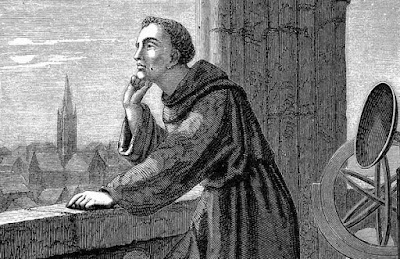Teresa Gil de Vidaure was the daughter of a Navarre nobleman and considered to be very beautiful. He promised to marry her after the annulment of his first wife, but instead he married Violant of Hungary in 1355. Teresa married Sancho Pérez de Lodosa. Despite these two marriages, the king and Teresa continued their relationship.
Violant died in 1251, by which time Sancho Pérez de Lodosa had died. Rather than try to legitimize a relationship, James ignored the policies of the Roman Catholic Church and treated their relationship as a common law marriage. He gave her gifts: a castle in Valencia called Jérica (an early map of the town is shown here), to go to her descendants upon her death (they had a son, James, who was given Jérica in 1276), and some villages.
Was she his wife? The contracts granting these possessions to her use legal language used for concubinage contracts, but James told Pope Clement IV in 1265 that the two were married and he wanted an annulment because Teresa (he claimed) had leprosy. The truth is that James' eyes were wandering and he started another relationship with his cousin, Berenguela Alfonso. Pope Clement was appalled, especially since this was improper even if it were not incestuous, and refused the annulment.
After Clement's death in 1268, the bishop of Valencia gave James his wish, annulling the "marriage"; Pope Gregory X, however, when he came to the papacy, affirmed Clement's decision. James tried for an annulment again in 1275, claiming that he had sexual relations with Teresa's cousin before the marriage, but Gregory was not moved.
Whether he were officially linked in a relationship to Teresa, he chose not to have her by his side. She was sent to a Cistercian monastery for the rest of her life and buried there when she died on 15 July 1285.
Tomorrow we will conclude the life of James I of Aragon, and then decide where to go after that.



